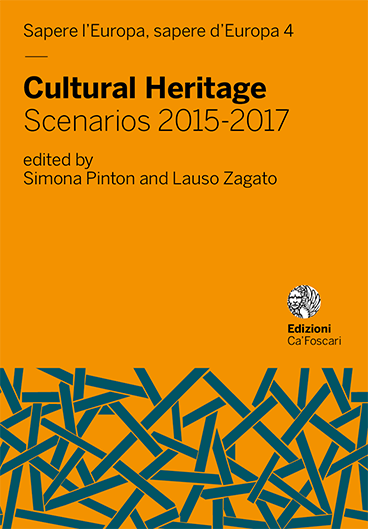- search 378 views
- file_download 16 download
- keyboard_capslock metadata
-
mark_email_readIscriviti alla newsletter
Cultural Heritage Practices and Life-Long Learning Activities for Fostering Sustainable Development in Local Communities
abstract
The paper highlights the contemporary roles, meanings and appearances of heritage practices, which are no longer conducted only by experts, but also by local residents, who construct, mediate and understand their collective identity by reviving the past. New concepts intend for heritage put into perspective development potentials of cultural resources as well, especially in the framework of introducing and fostering sustainable growth in the local communities. However, the development of the new roles of heritage practices inevitably demand that the local residents are aware of the potentials that culture heritage (i.e. old skills, experiences, achievements etc.) can provide and, on the other hand, a mutual relationships among the other actors, who are involved in the negotiation processes of what to revive and use from the past. The paper first discusses theoretical concepts of CH as a key element in establishing sustainable development in local communities, and then outlines problems, good practices and concrete ideas to achieve coherent, mutual and reflective relations among residents and experts.
Keywords: Heritage practices • NGOs • Life-long learning methods
permalink: http://doi.org/10.14277/6969-052-5/SE-4-43
